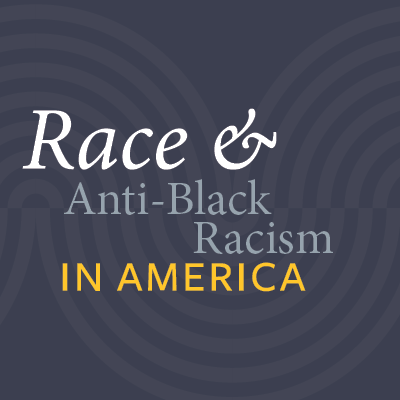
Featuring:
Malik Boykin, Assistant Professor of Cognitive, Linguistic and Psychological Sciences
Ainsley LeSure, Assistant Professor of Africana Studies
Tricia Rose, Chancellor's Professorship of Africana Studies, Director of the Center for the Study of Race and Ethnicity in America
Moderator:
Richard M. Locke, Schreiber Family Professor of Political Science and International and Public Affairs, Provost
With support from the Inman Page Black Alumni Council of the Brown Alumni Association.
Biography
MODERATOR
Richard M. Locke is provost of Brown and Schreiber Family Professor of Political Science and Public and International Affairs. Prior to joining Brown in 2013 as the director of the Watson Institute for International and Public Affairs, he had been a member of the MIT faculty for 25 years, including serving as chair of the Political Science Department and deputy dean in the Sloan School of Management. Locke is an internationally respected scholar and authority on international labor relations and worker rights, comparative political economy, and corporate responsibility. He has published five books and numerous articles on economic development, labor relations, and corporate responsibility. His most recent work focuses on the impact of new technologies on the workplace and workforce of the future.
A recipient of numerous honors and awards, Locke received the Inaugural Progress Medal for Scholarship and Leadership on Fairness and Well-being, which was awarded by the Society for Progress in September 2016 for his ongoing research on fair and safe working conditions in global supply chains. He is a member of the Council on Foreign Relations, the ILO-IFC Better Work Program Advisory Committee, and from 2013-2016, he served as chair of the Apple Academic Advisory Board, a group of independent academics who worked with Apple to improve labor conditions among the company’s suppliers.
PANELISTS
C. Malik Boykin is an assistant professor in the Department of Cognitive, Linguistic, and Psychological Sciences (CLPS) at Brown University. Malik received his doctorate in Social and Personality Psychology from University of California, Berkeley his M.A. in Social-Organizational Psychology from Teachers College, Columbia University, and his B.S. in Psychology from the University of Maryland University College (UMUC) – after first attending Howard University. He was a Presidential Postdoctoral Fellow for two years at Brown in the Department of CLPS before his current faculty appointment. His research focuses on intergroup relations, hierarchy, prejudice, mentorship, and racial identity. Several of these themes inform his research on attitudes toward HBCUs and bias in decision-making algorithms. He has affiliate appointments with both the Center for the Study of Race and Ethnicity in America (CSREA) and the Data Science Initiative (DSI). He has previously secured funding from the Ford Fellowship Foundation, the Greater Good Science Center, and the Society for Multivariate Experimental Psychology to conduct his research. Boykin is a member of the Society for Personality and Social Psychology (SPSP), the Society for Industrial and Organizational Psychology (SIOP), and the Omega Psi Phi Fraternity Inc.
Ainsley LeSure (Ph.D., University of Chicago, political science, 2015) is an assistant professor of Africana studies and specializes in political theory with a particular focus on the critical theory of race and racism, social justice, democratic theory, Black political thought and feminist theory. Her current book project, tentatively titled, “Locating Racism in the World: Toward an Anti-Racist Reality,” reconceptualizes racism in the post-Civil Rights era. Specifically, the book calls for a shift away from framing post-Civil Rights racism as either unconscious or institutional and toward a worldly account of racism that offers a better conception of the relationship between its individual and collective determinants. To this end, this project offers novel and unexpected interpretations of canonical political theory and Black studies texts: Frantz Fanon’s Black Skin, White Masks, Kwame Ture and Charles V. Hamilton’s Black Power, and Hannah Arendt’s work on racism.
Tricia Rose is Chancellor's Professor of Africana Studies, Associate Dean of the Faculty for Special Initiatives, and Director of the Center for the Study of Race and Ethnicity in America. She specializes in 20th century African-American culture and politics, social thought, popular culture and gender issues. She is the author of Black Noise: Rap Music and Black Culture in Contemporary America (1994), Longing to Tell: Black Women Talk About Sexuality and Intimacy (2003) and The Hip Hop Wars: What We Talk About When We Talk About Hip Hop and Why It Matters (2008).
